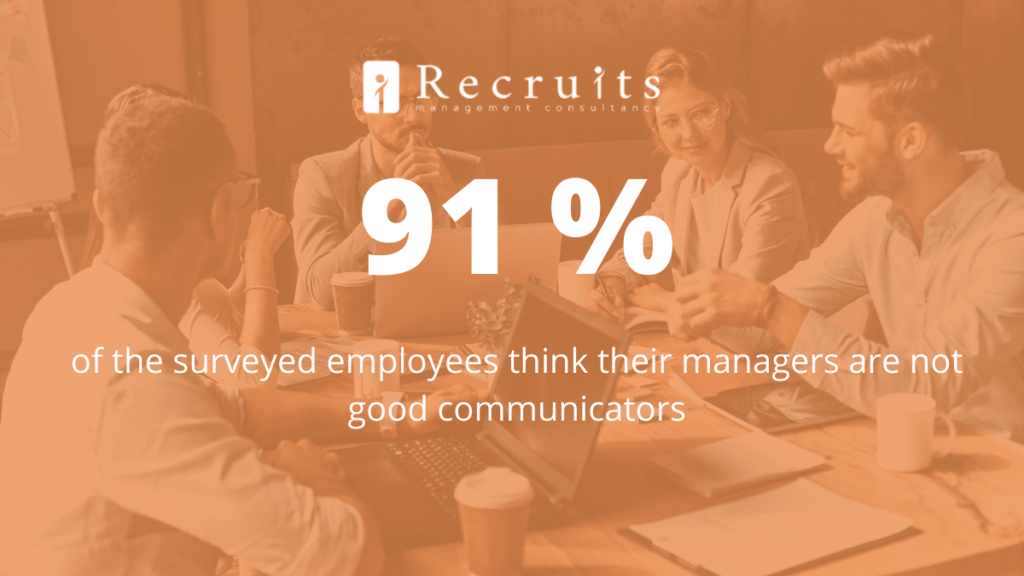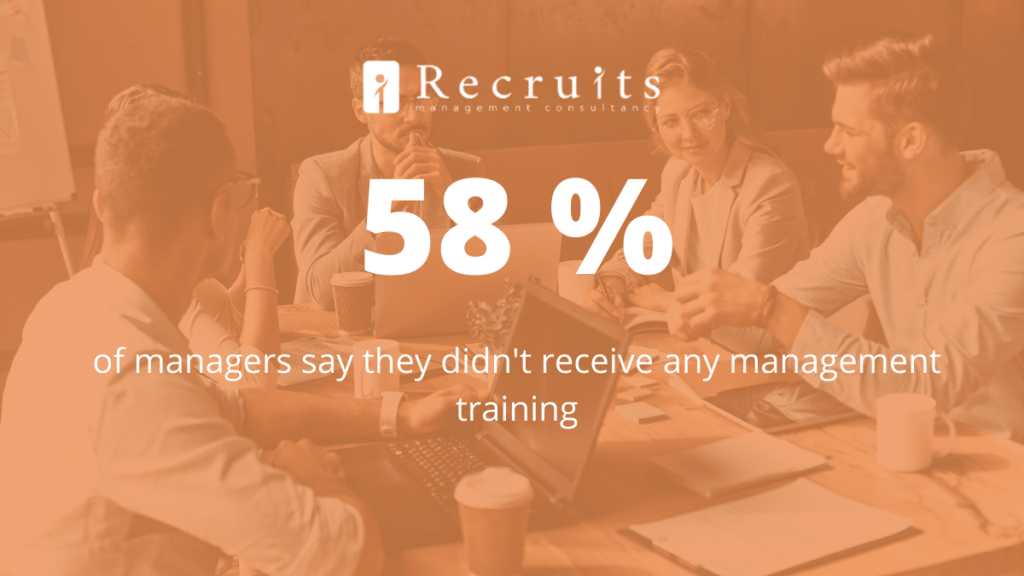Leadership skills are some of the most in-demand soft skills. So, what does it take to be a great leader in the workplace?
Whether one is a team leader, a project supervisor, or a business executive, all professionals occupying leadership roles are required to possess strong leadership skills.
Leadership and Good Communication Skills Go Hand in Hand
It goes without saying that leaders are expected to be great communicators.
They run projects and make decisions that have a direct impact on the business’s bottom line and most importantly, they constantly interact with people.

Think about it: most leaders manage a team and no matter how big the team is, leaders need to communicate with each member of the team, whether it’s on a daily or weekly basis.
And the way they communicate with their team has a tremendous impact on the company’s success.
Now, the Question Is: Can Anyone Be a Great Leader?
If so, how can you get and develop the skills you need to become a great leader, how does the learning process look like?
The thing is, it’s not that simple.
Some agree that some people are born to be great leaders. Others believe that leaders are made.
The truth is, there’s no manual or guide that will give you all the tricks to become a great leader. But what’s for sure is that leadership involves great soft skills.

So, what are the most in-demand leadership skills? Why developing leadership skills is critical in the workplace? What does it take to become a great leader? What do successful leaders do differently?
Let’s dive in!
Leadership Skills: Definition and Examples
There is no unique way to describe great leadership skills. Unsurprisingly, you can find different lists describing the leadership skills one should possess to become a great leader in the workplace.
In essence, leadership skills are the abilities people have to lead and deliver projects, encourage initiatives, build a sense of common purpose, and empower others.
Leadership skills also include the abilities people have to steer employees toward the achievement of the business goals, inspire them, drive change, and deliver results.
Keep in mind that not all great leaders possess the same leadership skills since these skills are strongly connected with people’s personality traits and communication abilities. In sum, different people, different leadership skills!
Examples of the Most In-Demand Leadership Skills for Employees
There are many different leadership skills required in the workplace, but the most in-demand ones include:
- Active listening
- Empathy
- The ability to share clear messages and make complex ideas easy to understand for everyone
- Strategic thinking skills
- Creativity
- The ability to inspire and convince others
- Flexibility
- The ability to turn information into action
- Project planning
- Active listening
- The ability to assess employees’ strengths and weaknesses
- Business storytelling
- Time management
- The ability to build trust
- Strong communication skills
- Positivity
- Reliability
- Management skills
- The ability to align the employees with the company values and goals
- A strong leadership vision
- Recruiting skills
- Persuasion skills
- The ability to help employees find meaning at work
- Strong charisma
What Leaders Are We Talking About?
There are some misconceptions about leadership in the workplace.
By “leaders”, we usually mean employees that occupy supervisory positions in the organization. They are at the top of the hierarchy and they manage teams or even entire business units.
Think about it: when we talk about or read leadership articles, the first leaders that come to our mind are company founders, business executives, directors, or team leaders.
However, employees — including those that don’t occupy supervisory positions — can potentially become leaders.
Indeed, if employees have what it takes to be a leader — including leadership and management skills — they can inspire, motivate, and also challenge their colleagues.
Kim Turnage, Director, Leadership Consultant at Talent Plus, says:
“Having a measure of autonomy to make decisions in the workplace is a way to both identify leaders and help them develop. In every culture, some people do what’s expected of them and not much more. And then there are people who just naturally step forward and take more responsibility, take more initiative. Those are the people who have that real leadership potential”.
But having great — if not exceptional — leadership skills is not enough for employees to become leaders. They need to be inspired and encouraged by their supervisors.
Leadership Skills — What Does Being a “Great Leader” Mean?
There are hundreds if not thousands of different ways to describe a “great leader”.
Ask communicators, management experts, professors, or even business leaders how they would describe a great leader. They’ll all come up with different definitions!

However, most leadership experts agree that great leaders:
- Translate the company’s vision into reality
- Believe in their teams
- Have the ability to motivate and inspire others
- Know how to connect and engage with employees
- Have a clear vision and know, how to effectively communicate it in the workplace
- Know how to coach employees so they can develop their skills and improve their performance
- Recognize others’ achievements
- Have empathy
- Translate the company’s vision into reality
- Have a great understanding of the business’s strategy and know how to communicate it to their teams
- Enhance dialogues in the workplace
- Listen to employees
- Lead by example
- Know how to create unity in the workplace
- Encourage open and transparent communication
- Are change drivers — they encourage creativity and innovation in the workplace
- Include employees in decision making, they effectively delegate
- Make employees’ well-being and safety one of their top priorities
- Last but not least: great leaders don’t fail. They learn.
Leadership skills — including communication skills — are some of the most important skills leaders are expected to have.
So, what does that mean for your organization if you don’t have the “right leaders” on board?
WRITTEN BY
Valène Jouany
Content Marketing Manager
SMARP

